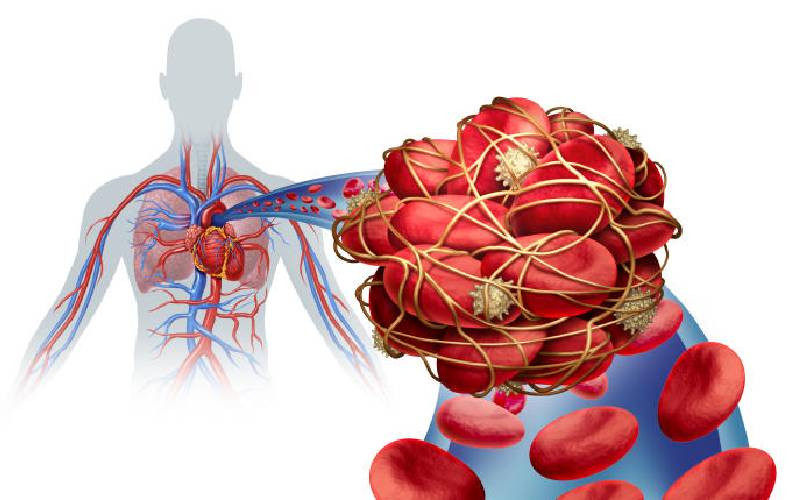×
The Standard e-Paper
Smart Minds Choose Us

A sedentary lifestyle is predisposing a lot of Kenyans to blood clots in the veins and exposing them to serious yet preventable medical conditions associated with the condition, doctors have warned.
This dangerous lifestyle has included sitting for long hours in the office but has in recent days been made worse by changing routines and ways of life even away from work.